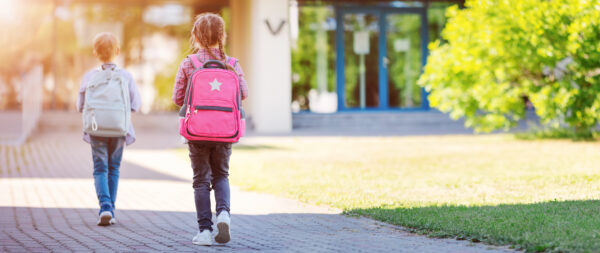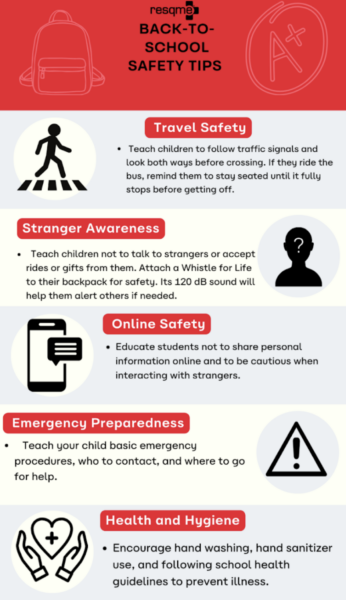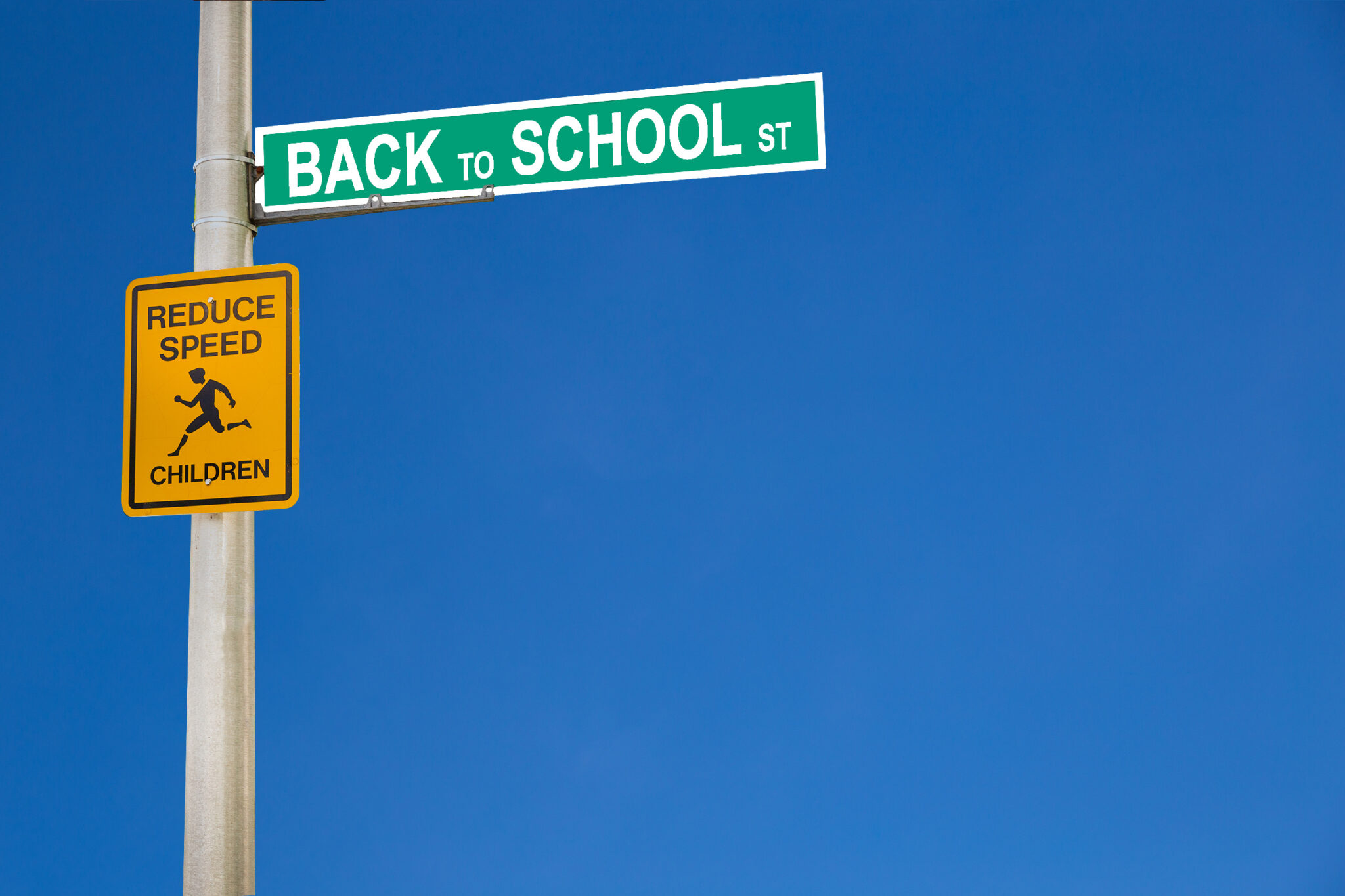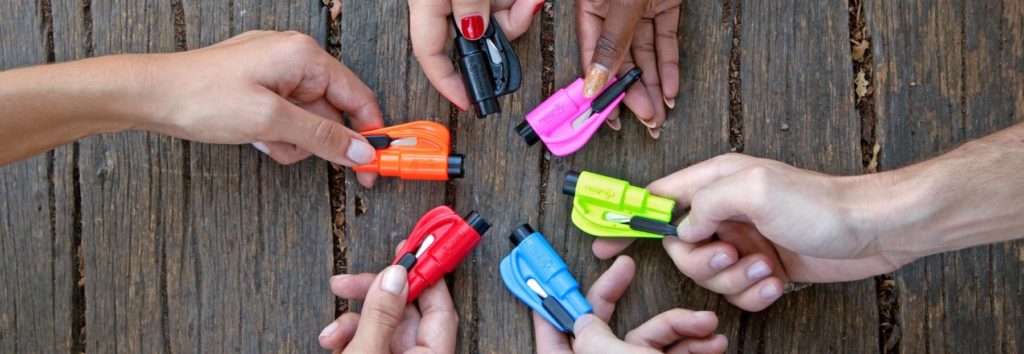As the excitement of a new school year approaches, it is imperative to prioritize safety as students transition back to their daily routines. Whether your child is starting kindergarten or heading into high school or university, these back-to-school safety tips will help ensure a smooth and secure start to the academic year.
- Travel and Road Safety: Ensure you teach children to follow and obey traffic signals and look both ways before crossing the street. If your child rides the bus, inform them to stay seated and wait until the bus comes to a complete stop before getting off. Whether driving themselves or riding with others, knowing what to do in case of a road emergency—like a flat tire or collision—is essential. This is especially important for older students (university level) who often drive alone or with friends. Ensure they’re prepared by carrying a Resqme car escape tool for car entrapment. For younger students, it’s crucial to emphasize making safe decisions, such as not getting into a vehicle with an impaired driver, even under peer pressure. Preparedness and good judgment are key to staying safe on the road.
- Stranger Awareness: Explain the importance of not talking to strangers or accepting rides or gifts from unfamiliar people. Equip your child with a Whistle for Life to ensure they are prepared if a stranger approaches them. Attaching the Whistle for Life to their backpack will help them stay safe. With 120 dB of loud, 3-chambered sound, your child will be prepared to alert surrounding people and draw attention to themselves, ensuring safety.

- Online Safety: In today’s digital age, it’s vital to educate students on the dangers of sharing personal information online, such as passwords, home addresses, or even their school schedule. Remind them to be cautious of online interactions with strangers, as not everyone they meet on the internet has good intentions. Encourage them to report any suspicious activity to a trusted adult and to use privacy settings on social media to limit access to their personal information. Also, advise them to avoid clicking on suspicious links or downloading unknown files, which could have harmful consequences.
- Emergency Preparedness: Ensure your child knows basic emergency procedures. Explain who to contact in an emergency, such as a parent, teacher, or trusted adult, and where to seek help. Discuss different types of emergencies, whether natural disasters like earthquakes or wildfires, road emergencies, or medical situations and rehearse the steps they should take in each scenario.
- Health and Hygiene: Encourage regular hand washing, the use of hand sanitizer, and adherence to any health guidelines the school has in place to prevent the spread of illness. Remind your child to cover their mouth and nose when coughing or sneezing and to avoid sharing food or drinks with others to minimize the risk of transmitting germs.



